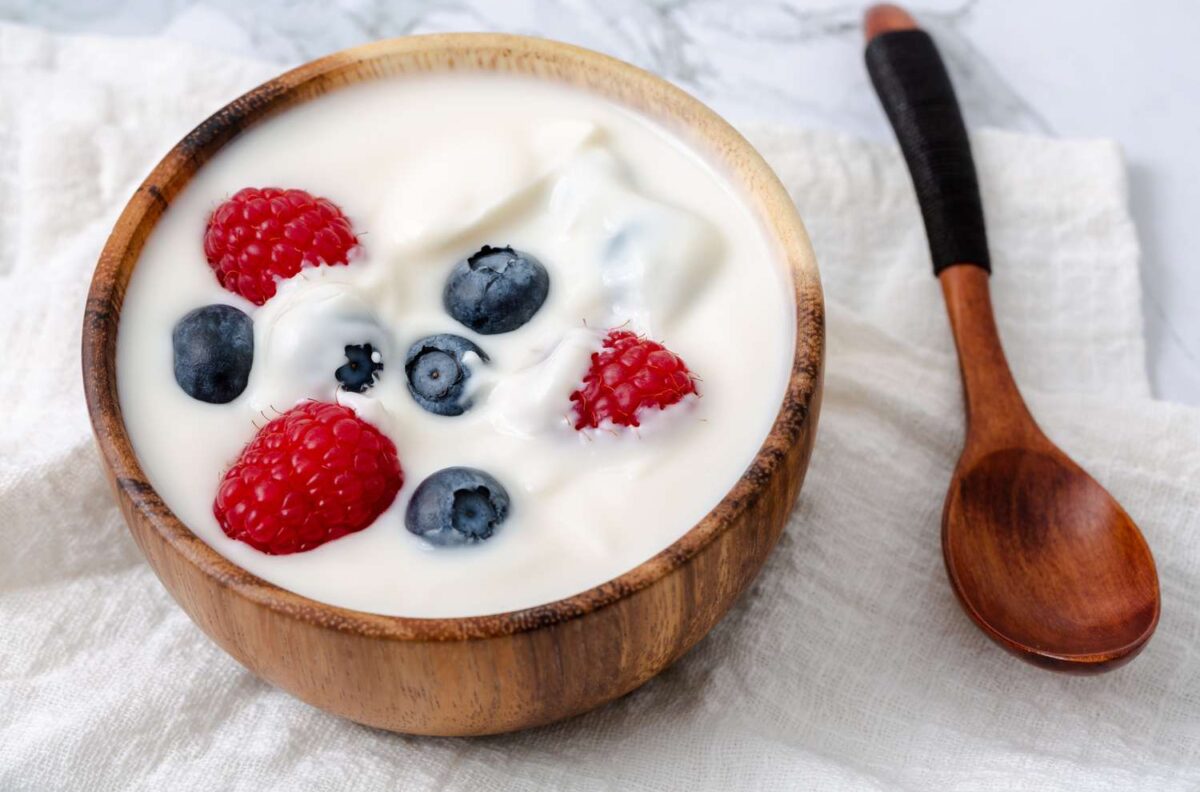10 best foods that instantly improves digestion

Top foods that support quick digestion boost. Image Credit: Getty Images
Digestive discomfort, bloating, or sluggishness after meals can derail your day. But did you know certain foods may improve digestion instantly, speeding food transit, calming your gut, and supporting the healthy microbes in your intestines? While no single food is a magic cure, including the right powerhouses can make a noticeable difference. Below are 10 foods backed by nutrition science that help your digestive system work more smoothly, ideal for days when your gut needs a fast reset.
1. Ginger
Ginger has a long history of use for nausea, bloating, and indigestion. Modern studies show that ginger can accelerate gastric emptying, helping food move more quickly from your stomach into the small intestine, reducing feelings of fullness or heaviness. Add fresh slices to tea or smoothies, or use grated ginger in stir-fries.
2. Yogurt with Live Cultures
Yogurt containing live, active cultures adds beneficial bacteria (probiotics) that support digestion. These microbes help break down lactose and compete with harmful bacteria, reducing gas and promoting balance in your gut microbiome. Choose unsweetened, plain yogurt for best results.
3. Kefir
Kefir is a cultured dairy beverage rich in multiple strains of probiotics. It can improve digestion more rapidly than standard yogurt, especially for people sensitive to lactose, because kefir’s bacteria help pre-digest the lactose. Sip a small glass in the morning or after a heavy meal.
4. Papaya
Papaya contains papain, a natural enzyme that breaks down proteins, making them easier to digest. This can reduce the burden on your digestive system and help ease bloating and gas. Eat fresh papaya slices or blend into smoothies.
5. Whole Grains
Whole grains like oats, quinoa, barley, and brown rice deliver both soluble and insoluble fiber, which add bulk and softness to stool, promoting regular bowel movements. If your system is sensitive, increase fiber intake gradually and pair with water to avoid gas.
READ ALSO
10 Simple Food Swaps for Weight Management
10 Signs You’re Not Getting Enough Fiber
6. Leafy Greens
Vegetables such as spinach, kale, and collards are excellent sources of fiber and micronutrients. They also contain specific sugars that help feed beneficial gut bacteria. Lightly cooked greens or smoothies help your system digest them more easily.
7. Avocado
Avocado is “friendly” to digestion because it contains monounsaturated fats and fiber, which help lubricate the digestive tract and support smooth passage of stool. But eat in moderation, too much fat in one sitting can slow digestion.
8. Fermented Foods: Sauerkraut, Kimchi & More
Fermented foods such as sauerkraut, kimchi, miso, and tempeh are rich in probiotics from the fermentation process. These live microbes aid digestion, reduce bloating, and crowd out harmful bacteria. Add small servings to meals, think kimchi with rice or a spoonful of sauerkraut with protein.
9. Peppermint (Tea or Oil)
Peppermint oil has menthol that relaxes smooth muscles in the GI tract, helping food move more efficiently and relieving bloating or cramping. Enjoy peppermint tea after heavy meals (unless you have acid reflux, which it can worsen for some).
10. Olive Oil
A modest drizzle of extra virgin olive oil can help stimulate bile flow and lubricate the digestive tract, aiding smoother stool passage. Olive oil is a healthy, unsaturated fat that complements fiber-rich foods. Use it in salad dressings, drizzle on grains or vegetables.
How to Combine Them: A Quick Digestive Reset Meal Plan
To experience near-instant effect, pair several of these together:
- Breakfast: A smoothie with kefir, papaya, spinach, and a bit of grated ginger
- Lunch: Whole grain wrap with avocado, a side of sauerkraut or kimchi, olive oil drizzle
- Post-lunch: Peppermint tea or ginger tea
- Dinner: A green salad with olive oil, a portion of protein + cooked greens, plus a spoon of fermented veggies
Don’t forget to hydrate well (water is essential for fiber to work) and eat slowly, chewing well triggers digestive enzyme release and prevents overeating.
Frequently Asked Questions (FAQ)
Q1: Can eating a single food really improve digestion instantly?
No one food is a magic bullet, but combining enzyme-rich, probiotic, fiber, and soothing foods can create a cumulative effect that helps digestion speed up and feels more comfortable quickly.
Q2: How soon can digestion improve after eating these foods?
You may feel relief, less bloating or smoother bowel movement, within 30 minutes to a few hours, depending on your overall gut health and what else you’ve eaten.
Q3: Is fiber always good for digestion?
Yes, fiber helps bowel regularity. But if your digestive system is sensitive, introduce fiber gradually and pair it with plenty of water to avoid gas.
Q4: What about people who are lactose intolerant, can they eat yogurt or kefir?
Many probiotic yogurts/kefirs break down lactose as they ferment it, making them easier to digest. Start with small amounts and choose lactose-free or dairy-alternative versions if needed.
Q5: How much olive oil or fats should I use for digestion?
A few teaspoons (1–2 tbsp) of extra virgin olive oil are enough to stimulate bile flow and lubricate your digestive tract without overloading your system.
Q6: Can peppermint tea help with digestion?
Yes. Peppermint’s menthol component relaxes smooth muscle in the GI tract and may ease cramping or bloating. Avoid if you have acid reflux or hiatal hernia.
Q7: Are there other lifestyle tips that help digestion immediately?
Yes, stay hydrated, chew well, eat smaller meals, and move after meals (light walking) to promote intestinal motility.
Q8: When should I see a doctor for digestive issues?
If you experience persistent pain, blood in stool, unexplained weight loss, or long-term issues (weeks), see a healthcare provider. Over-the-counter dietary changes cannot replace medical evaluation.

